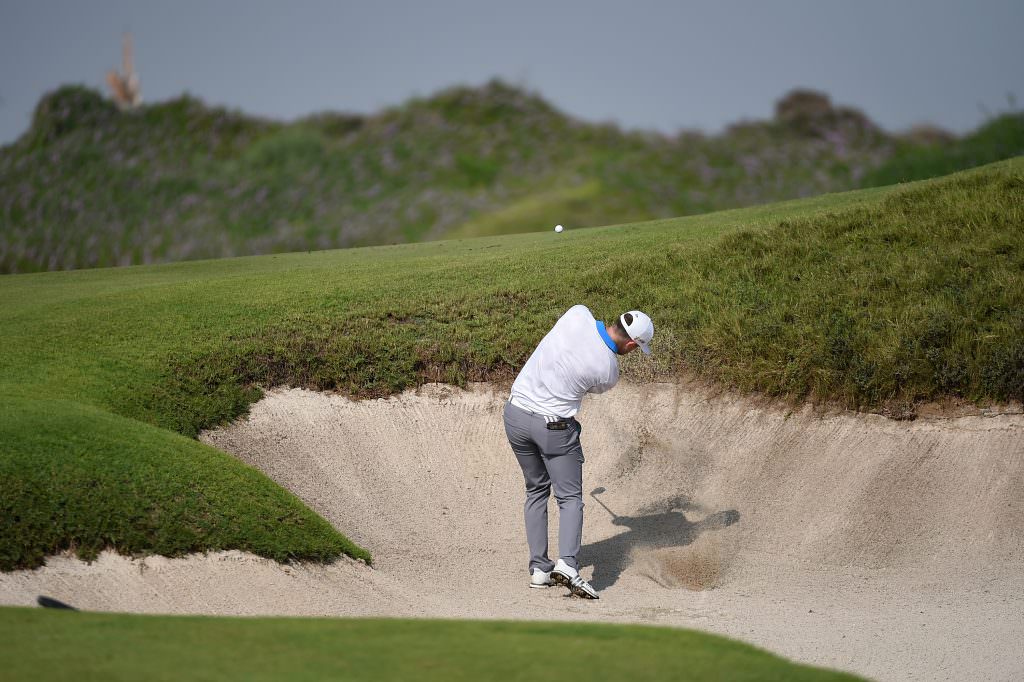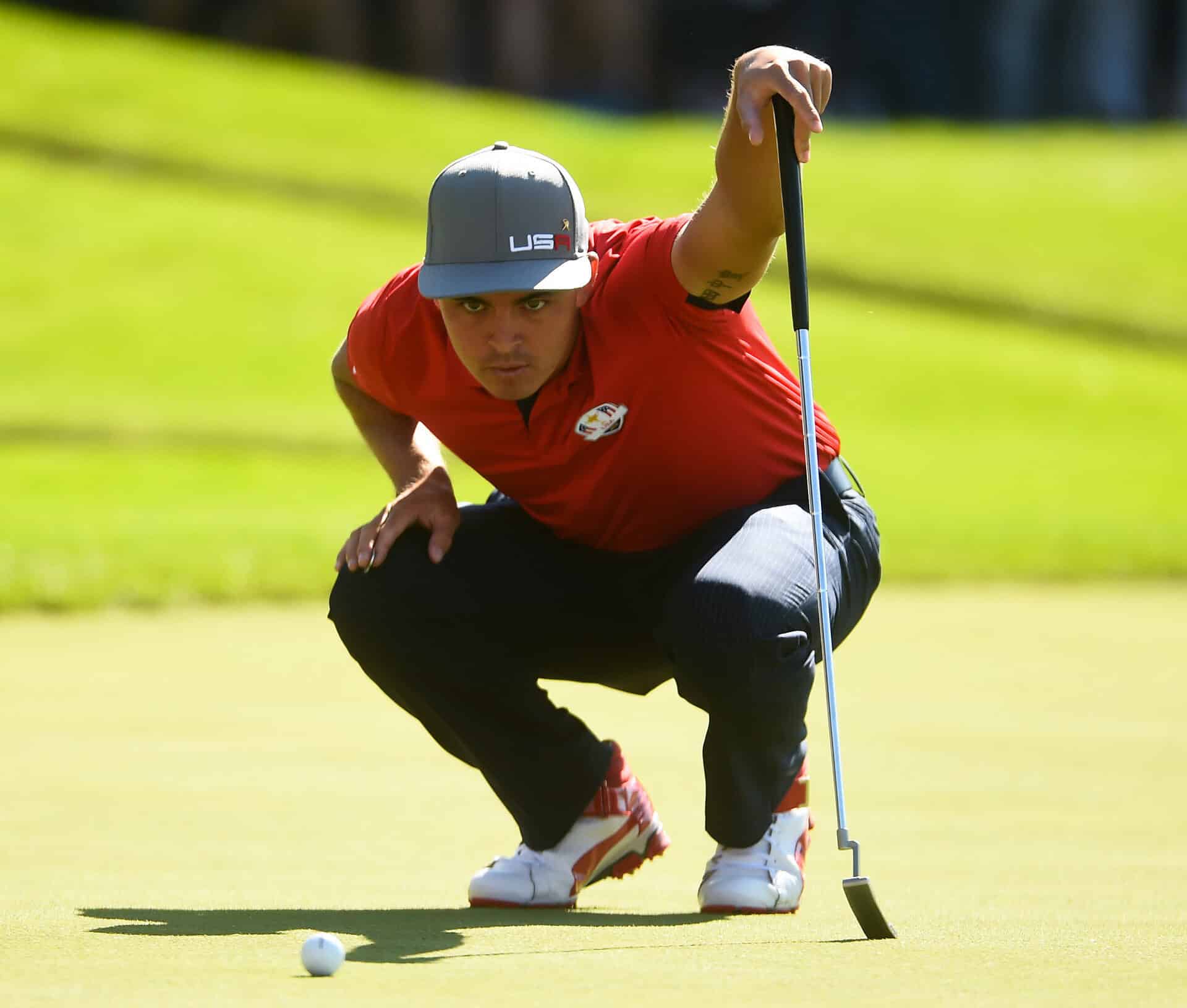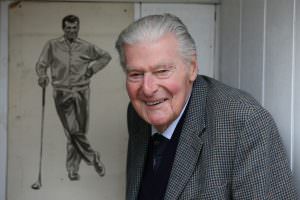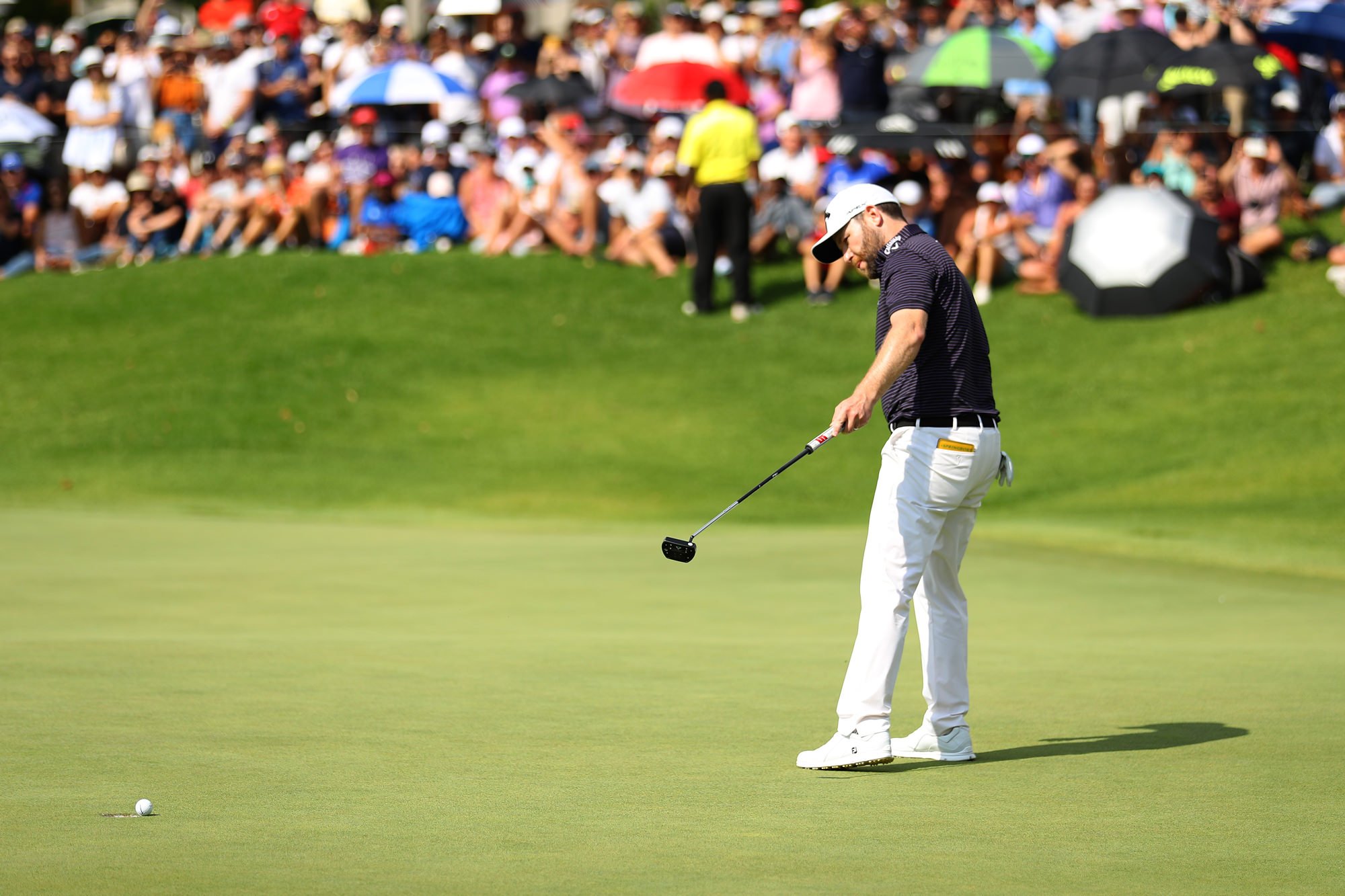
Release the freedom back into your game
Karl Morris tips
I am sure you will have heard of the name of Bobby Jones – one of the true legends of the game and without doubt the greatest career amateur in the history of golf.
His contribution to the game is immense, not least him being the primary reason why the Masters is played every year at Augusta.
Yet how many of you have heard of Ernest Jones in relation to the game? More than likely a small minority of golfing historians and some well-read coaches Yet Ernest’s contribution to the teaching of the game, if perhaps not quite on a par with Bobby Jones’ contribution to playing, is hugely important.
His life story is nothing short of incredible in the way he dealt with a horrendous set of circumstances to make a success of his life.

Ernest was born and raised in the Manchester area around the turn of the century. He began playing golf as a young boy and by the age of 18 got a job as the assistant pro at Chislehurst Golf Club.
In 1913, at 25, he became head professional. In 1914, however, the First World War broke out. Ernest was enlisted into the army and was sent to France.
There, in March 1915, he was serving in the Sportsman’s Battalion of the Royal Fusiliers, near Loos. Tragedy struck and, as the result of an exploding grenade, he suffered the loss of his right leg just below the knee.
Ernest must have thought this was the end to his golf career almost as soon has it had started. He was sent back to England, where he began a long and painful recuperation.
Finally, he was able to walk using crutches and he attempted his first round of golf at Royal Norwich, where he shot an unbelievable 83 considering the condition he was in physically.

Within a few months he had shot level par playing on one leg. Ernest then began to question how it was possible he could still play the game so well in spite of losing one of his legs.
He worked out that his brain had been able to make the compensations necessary to adapt to what in effect was a completely different body.
It was from this that Ernest concluded golf wasn’t about moving the body correctly. As long as the club itself was moved correctly, the body would adapt and follow.
Long before anyone had heard of what is now the ‘latest’ research on internal and external focus, Ernest was using an external focus, the clubhead, to overcome such a terrible accident and become again a very accomplished player.
Ernest moved to the United States and became one of the most sought-after golf coaches of his era. He published what is now a legendary book called Swing the Clubhead in 1937.

For anyone interested, it is well worth a read. It is such a simple approach to the game that for many golfers struggling with too much technical input and analysis, it could be just the read to release some freedom into your game.
The book and the principles within have more than stood the test of time and, for me, highlight clearly that many modern day ‘discoveries’ have been uncovered way back in the mists of time by the trial and error of geniuses like Ernest Jones.
He discovered something that worked in the real world as opposed to just classroom theory. From my own perspective, I can see why the concept of ‘swing the clubhead’ would be so useful for many golfers because it focuses your mind in one place as opposed to having it jump around trying to make a myriad of different moves.
Ironically, the PGA of America initially said that his book wouldn’t be that useful for coaches as it was too simplistic! As I have said before many times, it takes a very smart man to keep things simple.
We are in a world that is drowning in information but searching for knowledge. With golf we need things we can ‘do’ as opposed to information we just intellectualise and discuss. The remarkable Mr Jones made that very idea come to life.
Tom Irwin

Tom is a lifetime golfer, now over 30 years playing the game. 2023 marks 10 years in golf publishing and he is still holding down a + handicap at Alwoodley in Leeds. He has played over 600 golf courses, and has been a member of at least four including his first love Louth, in Lincolnshire. Tom likes unbranded clothing, natural fibres, and pencil bags. Seacroft in Lincolnshire is where it starts and ends.









